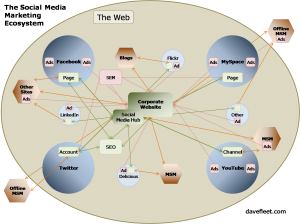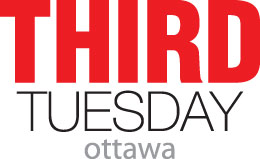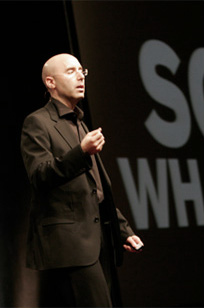In this week’s Social Mediators, Terry Fallis, Dave Fleet and I talk about corporate online communications polices and then delve into the case of the Toronto Transit Commission’s handling of their social media crisis.
Following my post of the new Thornley Fallis Online Communcations Policy, I received an unusual spike of traffic on ProPR. Over 1,300 pageviews on a Sunday, which is normally my lowest traffic day, followed by an increase the next day to over 1,500 pageviews. This, compared to the couple hundred pageviews on an average day. When I checked my Google Analytics, I saw the source of the traffic: MetaFilter. My post was the subject of a pretty heated discussion, focusing especially on my admonition to employees to be mindful that
Each of us represents the company to the world and the character of the company is defined by our beliefs and actions. We must be mindful of this when participating in social media and any kind of online communications.
You may be active in social media on your own account. That’s good. But please remember that whether you are on your own time or company time, you’re still a member of our team. And the judgment you exercise on your own time reflects on the judgment you exercise at work. There’s only one you – at play and at work.
Terry and Dave weigh in with their own view about this in our Social Mediators discussion. Dave suggests that guidelines and policies need to be closely tied to the prevailing company culture. He likens social media guidelines to a “safety net.” Terry suggest that it goes both ways. If you do something that reflects negatively upon your employer, it most likely also reflects negatively on you as an individual. “Once something bad happens”, adds Dave, “it’s like the toothpaste is already out of the tube.”
The TTC found itself facing a series of citizen criticism that started with a picture of a subway ticket taker asleep on the job and a bud driver who stopped his bus mid-trip for a coffee break. Management sent an email to employees suggesting that “you and you alone are responsible for your actions” and the employees fired back at the public. The damage has been done. We discuss whether it’s too late for the TTC to recover.
brightcove.createExperiences();
Sites referred to in this episode:
Marketers Miss the Mark with Twitter, Mitch Joel
TTC Staffer caught apparently sleeping on job, National Post
Alleged TTC napper under investigation, National Post
TTC union shocked at uncaring response of riders to “sleeping” staffer, National Post
Second photo emerges of another alleged TTC napper, National Post
About Social Mediators
Each week, Joseph Thornley, Terry Fallis and Dave Fleet talk about social media, ubiquitous connectivity and their impact on communication, organizations and society.
Future episodes will be published on ProPR.ca and on Social Mediators.










